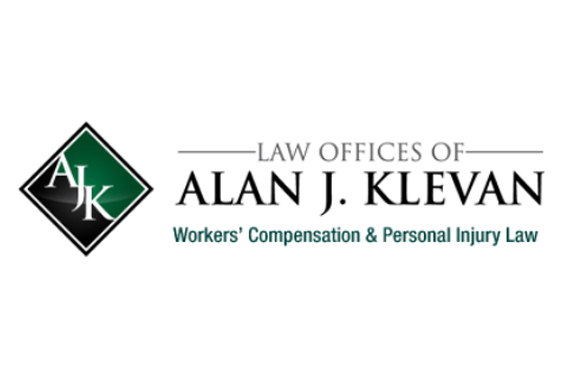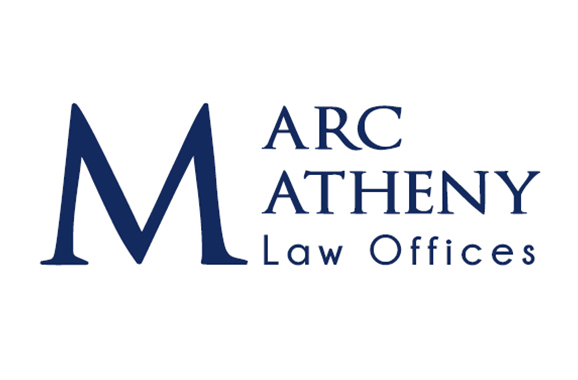
Law Firm Client Testimonial Videos
Testimonial Videos - Promote Your Firm to Prospective Clients
Let Satisfied Clients Promote YOU and Your Firm
Why Client Testimonial Videos Are Effective for Law Firms
Do clients think you’re the best thing since sliced bread? Why not let them tell the world about how great you are? Client testimonial videos can be paired with natural and engaging shots of you and your firm, or they can serve as a stand-alone video.
Why Would a Client Want to Provide a Testimonial? What’s in it for Them?
Clients may truly be grateful for the time and hard work that you’ve devoted to their matter, and thus really want to help you out in any way that they can.

Attorney Client Testimonial Ethics – Considering What May Be Said Ethically
Before filming a client video, you should first ensure that such a video is permissible under the ethics rules of your jurisdiction. Assuming that testimonials are permissible, there are a number of aspects that should be considered, including the following:
Topics That Usually Are OK
- Aspects of your services not related directly to the results achieved. For instance, clients can talk about matters such as:
- How you were always available to answer questions,
- How you worked tenaciously on their behalf
- How well you and your staff treated them
- Aspects that are entirely within your control. You can guarantee that you will work diligently for a client. You can promise that you will return calls promptly. You can assure potential clients that you and your staff will treat them well.
Topics that Usually Should Be Avoided
- Statements that you are not permitted to make, such as “expert” claims. If you can’t ethically claim to be an expert in a particular area of law, you can’t allow your client to refer to you as an “expert” in a video and then post such video on your website or another site that you control.
- Statements that can be construed as a guarantee that you will achieve a particular outcome or result.
- Statements that potentially could breach a confidentiality agreement, such as the amount of money obtained. NOTE – even if you succeeded in winning a case for a client at trial (and thus, there are no confidentiality constraints), ethics rules might suggest that a disclaimer be included to the effect that no guarantee can be made as to future results).
Want More Information About Law Firm and Attorney Videos?
Law Firm Client Testimonial Video FAQs
An attorney testimonial video is a powerful marketing tool where a satisfied client shares their positive experiences working with you and your law firm. This can include their experience with your legal services, the results achieved, and how they felt throughout the process.
A law firm client testimonial video adds authenticity and trust to your law firm. Hearing directly from someone who’s been in their shoes can ease potential clients’ concerns and reassure them that you’re the right choice. Such videos can humanize your firm and demonstrate the real-world impact of your work.
With our years of video marketing expertise, we at Esquire Interactive can help capture compelling stories from your satisfied clients. We handle all aspects, from strategy and scripting to filming and post-production, ensuring your lawyer testimonial video resonates with potential clients.
Client testimonial videos can be used across various marketing channels. They’re excellent for your website, where potential clients are already seeking information about your services. They can also be shared on social media platforms or used in email campaigns, increasing their reach and impact.
Generally, law firm testimonial videos are most effective when they’re concise and to the point – typically around 1-2 minutes. The goal is to communicate the client’s positive experience without taking too much of the viewer’s time. As the experts at Esquire Interactive, we can help determine the optimal length for your specific needs.
Authenticity comes from real stories told by real clients. We don’t script your clients – instead, we guide them with questions to help them share their experiences naturally. Our team ensures they’re comfortable during filming and that their testimonials reflect their genuine views.
While it might technically be possible to ask a client for a review while a legal matter is ongoing, as video marketing experts at Esquire Interactive, we typically recommend against it. There are several reasons for this, one of the most significant being the potential for ethical issues.
Asking for a testimonial during ongoing legal proceedings might be perceived as an attempt to influence the client’s opinion or as a conflict of interest. It could inadvertently pressure the client, even if that is not your intention. Also, the client’s feelings might change over the course of the case, and an early testimonial might not accurately represent their overall experience.
For these reasons, as a best practice, we suggest waiting until a legal matter concludes before asking for a testimonial or review. This approach allows the client to fully reflect on their experience with your firm and provide a comprehensive, honest testimonial. It also ensures that you stay clear of potential ethical violations or conflicts of interest.
Ready to
Get
Started?





